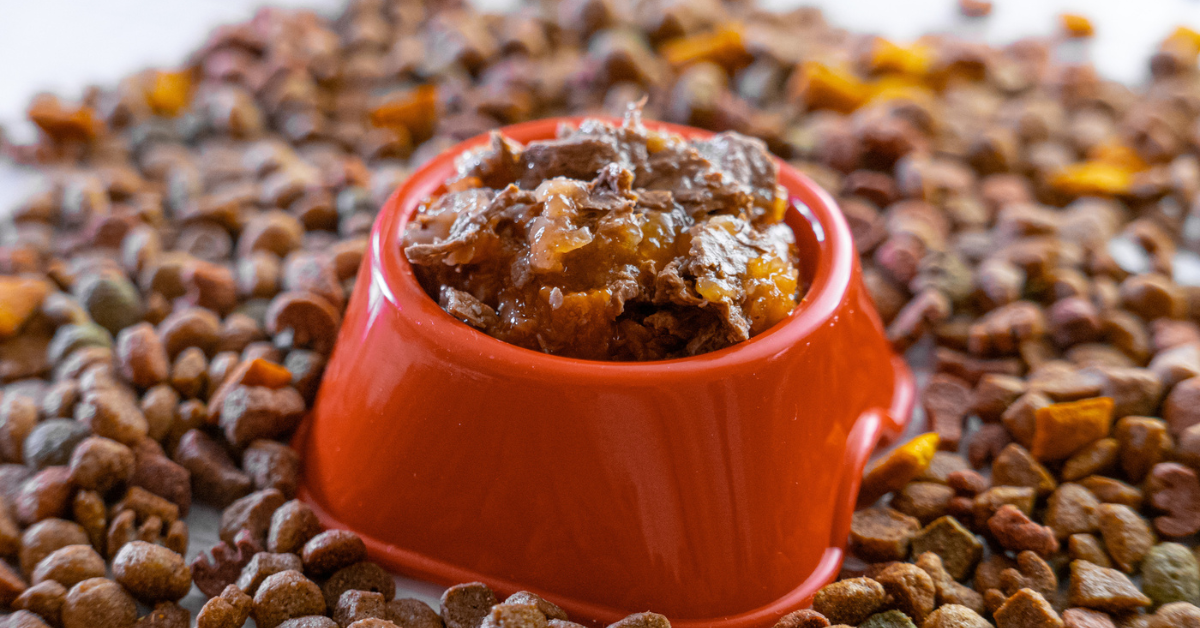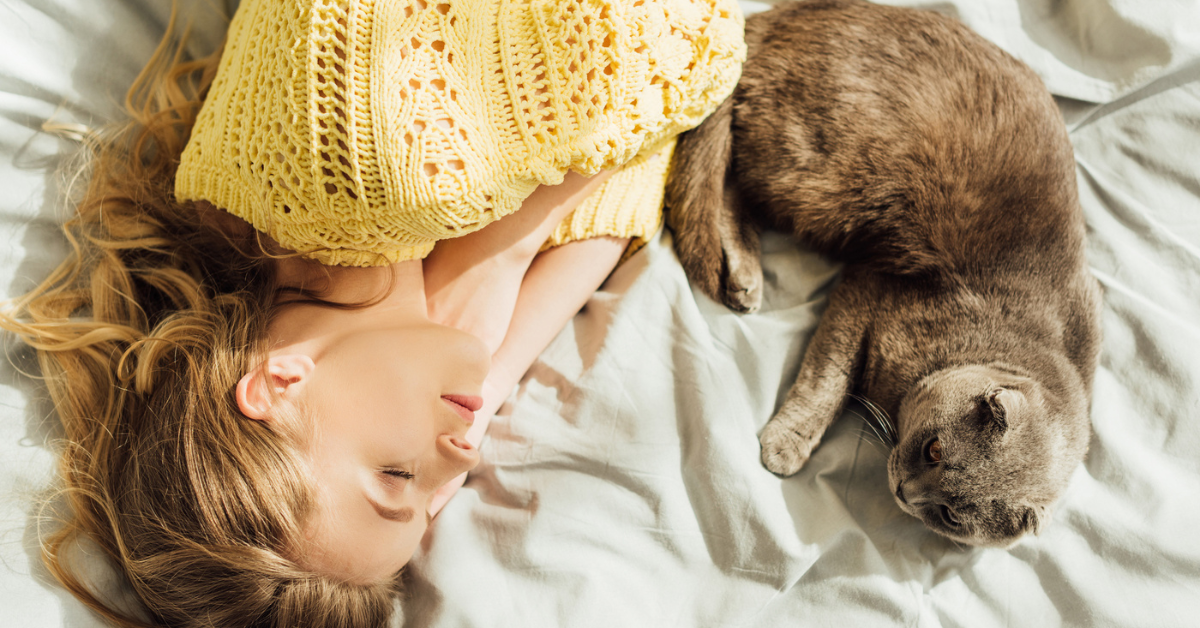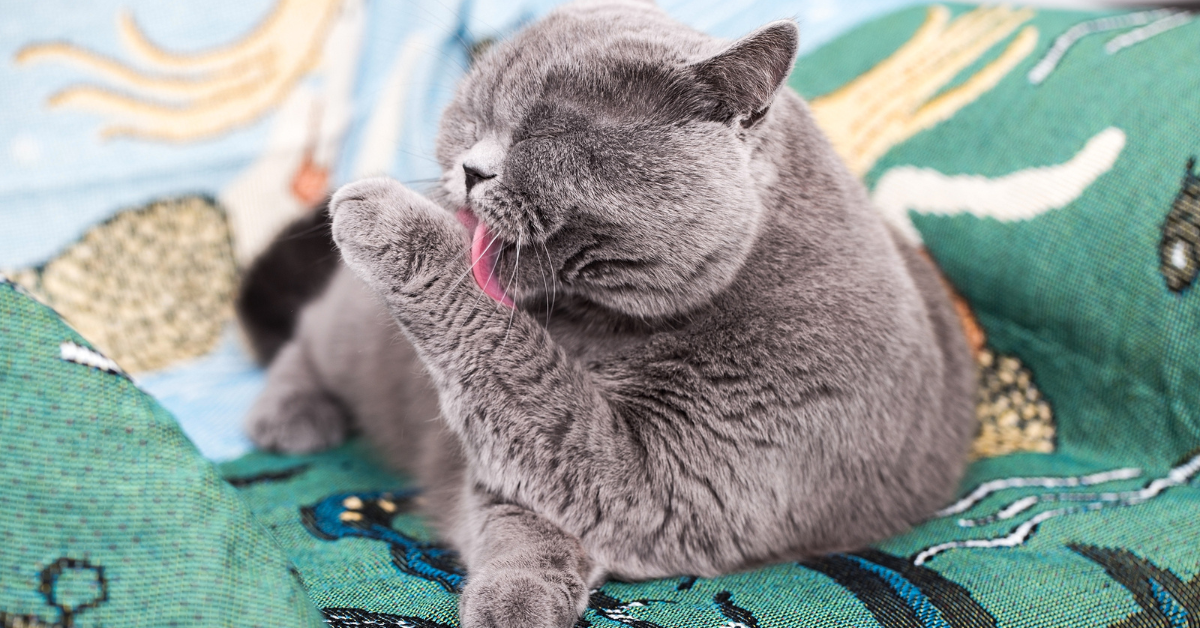The Kitty Kitchen: Tips for Feeding Cats

TIPS FOR FEEDING YOUR CAT
Feeding your feline properly is one of the most important things you, as a pet parent, can do to keep your cat happy and healthy. But what does proper feeding mean? It means giving your kitty the right food in the right amount at the right time. Here is how you can answer what that means for your cat to ensure he lives a long, healthy life.
WHAT DO CATS EAT?
Finding quality cat food is unfortunately more complicated than it might seem. Words like balanced, healthy and even organic don't mean much since there are no regulations on what they mean. One thing you need to look for is the words Association of American Feed Control Officials on the package. This is a regulatory organization that can confirm that the packaging means what it says.1
The next thing you need to look for in your cat's food is protein, specifically animal protein. Cats are naturally carnivores, whose instincts are to hunt and eat meat. When considering a food for your cat, make sure the first item listed is some type of meat, whether it is chicken, fish or another type of animal. Cats need preformed Vitamin A, which is only found in animal protein. Even if you may be a vegan, your cat is a straight-up meat-eater. Give him what he needs.2
You also need to decide what type of food your cat will eat. You can choose between dry, moist or semi-moist. Each has its own pros and cons, so you may have to experiment at first. Dry food is generally the most cost-effective, and it lasts the longest since it doesn't spoil very quickly. If you store it in a cool, dry place, dry cat food can last for months. It is also great for free-feeding, which we will discuss further below. One of the drawbacks of dry cat food is that your cat may not like the taste, and if your cat doesn't like the taste, he won't eat it, no matter how hungry he gets.
Moist, or canned, cat food is the most expensive option compared to dry. The advantage of canned food is that it often tastes better to your feline and offers more variety to finicky eaters. It also most closely resembles meat protein. Semi-moist cat food is often soft, dry food that combines some of the features of dry cat food with moist cat food. It may be OK for free-feeding, but loses some of its flavor as it dries out.3
When it comes to treats for your feline, there are many great options. The key is to select one that your kitty will truly see as a treat. Try different ones to find which type of treat your cat likes best, and then remember, it is a treat – not a meal replacement. Your cat should not get more than 10% of his caloric intake from treats. They should be used as a reward for exceptional kitty behavior.
HOW OFTEN SHOULD I FEED MY CAT?
There are a couple of different methods when it comes to how you should feed your cat. The first we will discuss is called free-feeding. This entails leaving food in your cat's bowl for him to eat as he pleases. This is great for people with busy, unpredictable schedules. It is also great for multiple cats, as they can take turns eating at their leisure. The downside to this method is that one of your cats may become a bully, hoarding the food from the others. Also, if your cat doesn't regulate his own appetite, you could end up with a kitty who is more pear-shaped than is vet recommended.
The other method is the portion-controlled method. This means giving your cat a specific amount of food each day at the same times. This only works if you have a very regulated schedule. Hungry cats can be destructive cats. You should absolutely utilize this method if your cat is taking prescription medication or needs a little weight control.4 The portion-controlled method is a lot easier with the help of a programmable automatic feeder.
HOW MUCH SHOULD I FEED MY CAT?
If you are going to control your cat's portions, knowing how much is the correct portion can be a little tricky to figure out. There is no hard and fast answer to figuring out how much food your cat needs every day. It can vary greatly based on size, weight, breed and activity level. A good place to start, however, is judging by your cat's weight.
- 5 lbs. = 1/4 cup to 1/3 cup per day
- 10 lbs. = 3/8 cup to 1/2 cup per day
- 15 lbs. = 1/2 cup to 3/4 cup per day
You can use this as a starting point to help determine the proper amount. Monitor your cat's weight and activity level and adjust his portions accordingly.5
Proper nutrition is as important to your cat as it is to you. Your cat, however, can't go to the store himself and pick up the best food, so you will have to make those decisions for your feline. Make sure you pick the right food and manage his nutrition. And, as always, if you have questions, ask your vet for guidance and advice.
Sources:
- Huston, Lorie. How to Choose the Best Cat Food. petMD. Web. 13 March 2015.
- Drs. Foster and Smith Educational Staff. Choosing the Best Food for Your Cat. Foster and Smith. Web. 10 March 2015.
- Feeding Your Cat. Cornell University College of Veterinary Medicine. Web. 09 March 2015.
- Choosing the Best Feeding Method for Your Cat. petMD. Web. 10 March 2015.
- Coates, Jennifer. How Much Should I Feed My Cat petMD. Web. 10 March 2015.
Previous article

Next article

Related posts
View all-

5 Simple Tips to Make Sure Your Cat Drinks Enough Water
Ensuring your cat stays hydrated is important, but it can be challenging since many cats don't drink enough water. Dehydration can lead to kidney disease and other health issues. Fortunately, you can encourage your cat to drink more with a few simple changes. Read Article -

How to Keep Your Cat Busy at Night (So You Can Sleep)
For many cat owners, the quest for a good night's sleep while keeping their feline friends content and engaged can seem like a never-ending battle. Cats, naturally more active at night or early in the morning, often disrupt your sleep schedules with nocturnal activity, whether through playful nature or seeking attention. Read Article -

Should You Bathe Your Cat? Everything You Need to Know About Cat Hygiene
When it comes to cat hygiene, a common question among cat owners is, "Should you bathe your cat?" Understanding how to care for felines, especially bathing cats properly, is crucial for maintaining their overall health. Most cats are fastidious groomers, but specific scenarios like long-haired cats getting dirty or skin irritations, might require a bath.
Read Article



